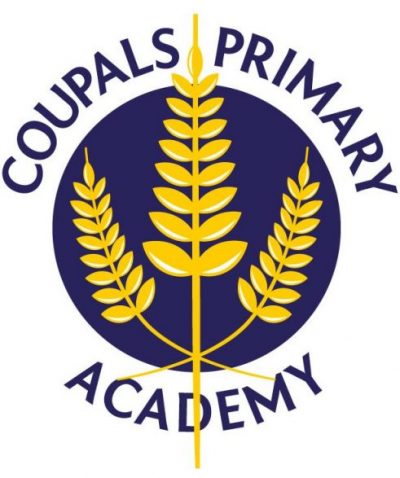The EYFS
The EYFS Curriculum
We aim to provide our children with a high quality learning experience through our creative curriculum. We believe that every child deserves the best possible start in life and provide support that enables them to fulfil their potential. Children develop their learning skills quickly in the early years and we continue to develop these skills through their own independence.

Children in the EYFS learn by playing and exploring, being active, and through creative and critical thinking which takes place both indoors and outdoors. We aim to develop and broaden the range of our children’s learning experiences, creating confident, eager and enthusiastic learners who look forward to coming to school.

We hope to play our part by treating every child as an individual and offering him/her a variety of experiences and activities which are designed to further their development and their creative learning. Our Curriculum has been designed to enable pupils to succeed through cooperative and collaborative learning principles that ensure all pupils develop their skills in being proactive, resilient and independent as learners.

Underpinning our curriculum are reading and vocabulary, key tools in all aspects of learning and success. We encourage pupils to make connections and links in their learning within and beyond the curriculum to foster a lifelong love of learning.
Please see the links on our class pages for our newsletters and knowledge organisers to find out about our current topics and learning.
In Early Years we cover the seven areas of development and are an Early Adopter school of the new EYFS framework.
| Areas of Learning & Development | Aspect |
|---|---|
| PRIME AREAS | |
| Personal, Social and Emotional Development | Building Relationships, Managing Self, Self-Regulation |
| Communication and Language Development | Listening, Attention and understandingSpeaking |
| Physical Development | Gross Motor and Fine Motor Skills |
| SPECIFIC AREAS | |
| Literacy | Comprehension, Word Reading and Writing |
| Mathematics | Numbers and Numerical Patterns |
| Understanding The World | People, Culture and Communities, The Natural World, Past and Present |
| Expressive Arts & Design | Creating with Materials and Being Imaginative and Expressive |
The prime areas begin to develop quickly in response to relationships and experiences, and run through and support learning in all other areas.
The prime areas continue to be fundamental throughout the EYFS. The specific areas include essential skills and knowledge. They grow out of the prime areas and provide important contexts for learning.
Literacy/communication and language development
Phonics -This takes place daily in Early Years to enable pupils to mastery the fundamental elements of reading and writing. At Coupals, our pupils follow the Sounds Write Programme.
Reading – Children participate in daily shared reading to develop their reading comprehension and awareness of reading fluency, as well as to promote a love of reading. We read a range of books and other sources across the curriculum to develop our vocabulary and comprehension. Children are heard read in school individually throughout the week and are assessed regularly. For home readers, we follow the Oxford Reading Tree programme. This is often enhanced by other schemes which suit the varying abilities of our pupils and support their phonic development. All children are expected to read at least 3 times a week at home.

Writing – We teach writing daily using books as a stimulus for our own writing. This approach develops oracy and supports our communication and language development. Writing is modelled together as a class and children then apply these skills throughout the day in small group led or independent tasks. We teach pre-cursive handwriting in EYFS using Letter-join and a wide range of fine motor activities support handwriting development.
Mathematics – Maths Mastery is a specific programme followed to teach the basic skills of maths through a mastery approach which ensures pupils have a deep understanding of the key concepts needed within Early Years. Through using Concrete, Pictorial and Abstract methods our pupils develop and build upon the basic skills needed in arithmetic and reasoning. In Early Years we use White Rose resources which have been designed to support this approach and are continued across the school in Key Stage 1 and 2.
